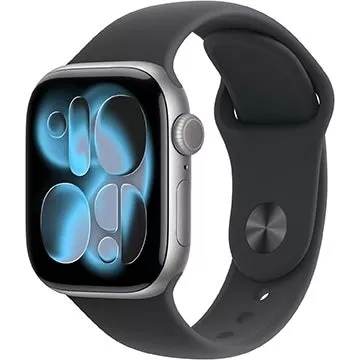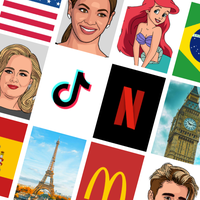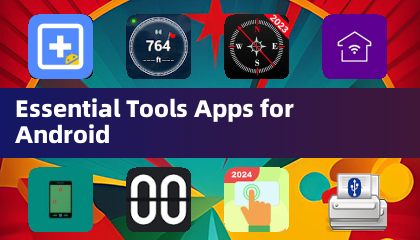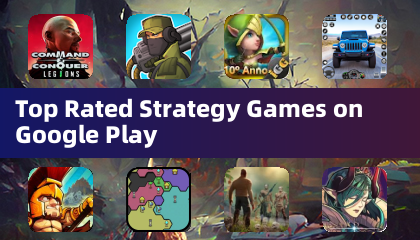The debate between PlayStation and Xbox has been a cornerstone of the video game world for years, sparking discussions across platforms like Reddit, TikTok, and among friends. While some gamers swear by PC or Nintendo, the rivalry between Sony and Microsoft has shaped much of the video game industry over the past two decades. However, with the industry undergoing significant transformations, including the rise of handheld gaming and a new generation's tech-savvy approach to building custom gaming rigs, the traditional console war landscape has shifted dramatically. Has a clear winner emerged? The answer might surprise you.
The video game industry has skyrocketed in financial value, reaching $285 billion in 2019 and soaring to $475 billion in 2023, outpacing both the movie and music industries combined. Projections estimate the industry will hit nearly $700 billion by 2029, a testament to its growth from humble beginnings like Pong. This lucrative landscape has attracted Hollywood stars like Mads Mikkelsen, Keanu Reeves, Jon Bernthal, and Willem Dafoe to video game roles, reflecting a shift in how games are perceived. Even giants like Disney are investing heavily in gaming, with a $1.5 billion stake in Epic Games under Bob Iger's leadership. However, Microsoft's Xbox division seems to be facing challenges.
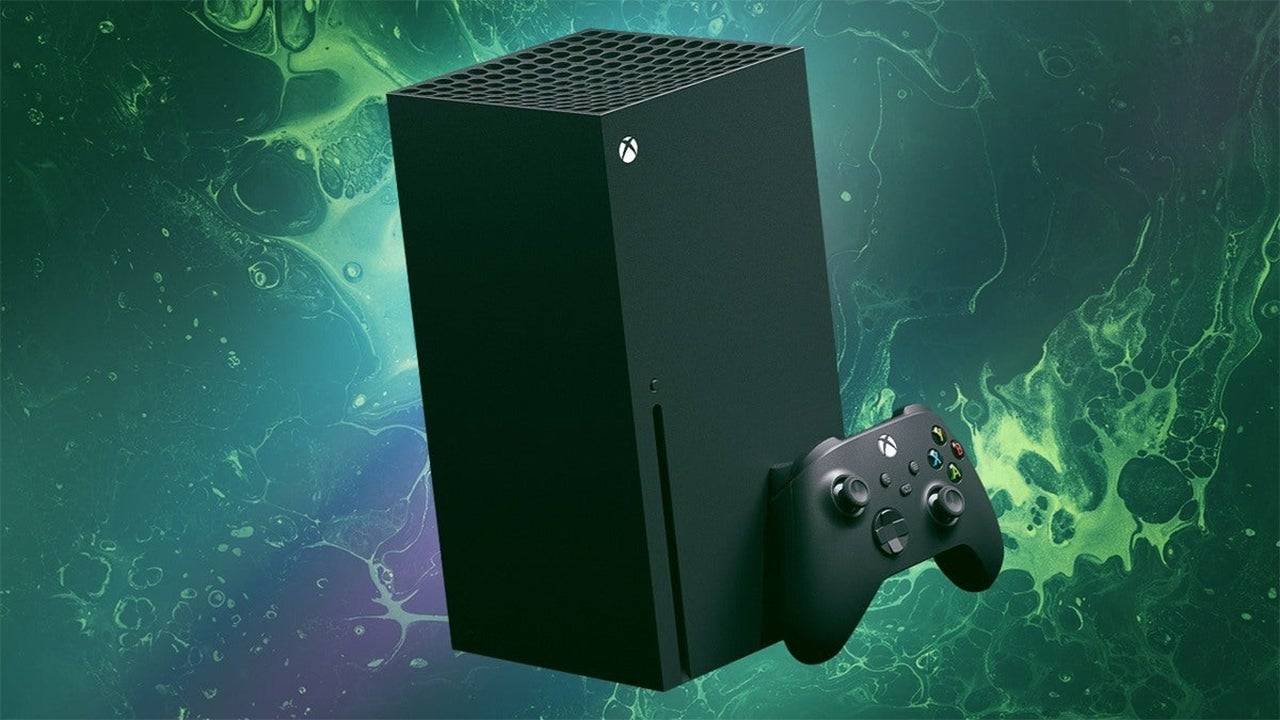
The Xbox Series X and S were designed to surpass the Xbox One, but they haven't captured the market as hoped. The Xbox One outsells the Series X/S by almost double, and according to Mat Piscatella from Circana, the current console generation may have passed its peak sales period. In 2024, Xbox Series X/S sold less than 2.5 million units, while the PlayStation 5 sold the same number in its first quarter alone. Rumors suggest Xbox might be pulling back from physical game sales and possibly exiting the EMEA market, signaling a retreat in the console war.
Microsoft's perspective is that Xbox never really had a chance in the console war. With the Xbox Game Pass becoming a priority, internal documents reveal the company's willingness to pay hefty sums for AAA titles like Grand Theft Auto 5 and Star Wars Jedi: Survivor. This shift underscores Microsoft's focus on cloud gaming, evident in their "This Is An Xbox" campaign, which positions Xbox as a service rather than just a console. Rumors of an Xbox handheld and plans for a mobile game store to compete with Apple and Google further illustrate this pivot. Microsoft is redefining Xbox as a brand you can play anytime, anywhere.

Microsoft's strategic shift is driven by the dominance of mobile gaming. In 2024, over 1.93 billion of the 3.3 billion gamers worldwide use mobile devices, with mobile gaming making up half of the industry's $184.3 billion valuation. Console gaming, at $50.3 billion, has seen a 4% drop since 2023. The Asian market has long led the way in mobile gaming, with titles like Puzzle & Dragon and Candy Crush Saga outperforming major console releases like GTA 5. The rise of mobile gaming across all generations, particularly Gen Z and Gen Alpha, is reshaping the industry.
PC gaming has also seen significant growth, with 59 million new players annually since 2014, reaching 1.86 billion in 2024. However, despite technological advancements and a tech-savvy younger audience, the gap between console and PC gaming has widened to $9 billion. This trend poses challenges for Xbox, which has made Windows PCs a secondary platform.
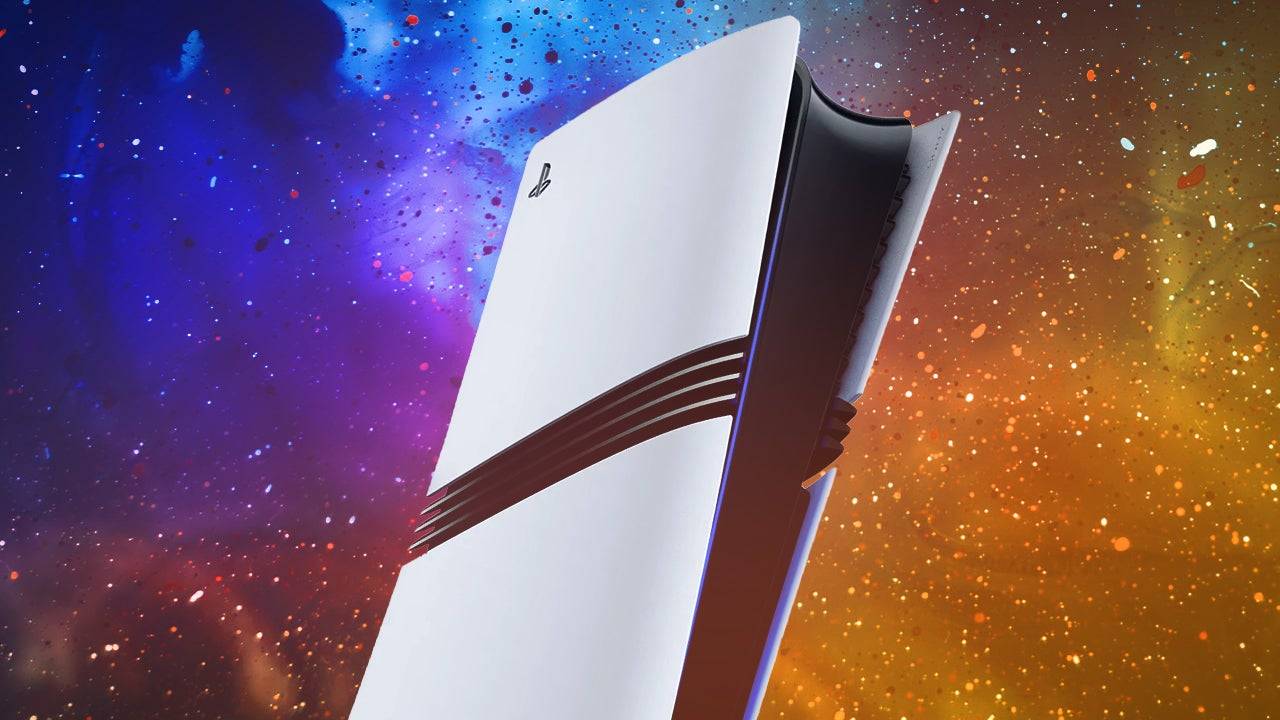
In contrast, Sony's PlayStation 5 has sold 65 million units, significantly outpacing the Xbox Series X/S's 29.7 million. Sony's profits have risen by 12.3%, driven by strong first-party titles like Astro Bot and Ghost of Tsushima. Projections suggest Sony could sell 106.9 million PS5s by 2029, while Microsoft expects to sell 56-59 million Xbox Series X/S units by 2027. Sony's lead seems insurmountable, especially with Phil Spencer's openness to bringing Xbox titles to other platforms like PlayStation and Switch.
However, the PS5 faces its own challenges. Half of PlayStation users still play on PS4s, and there are only about 15 true PS5-exclusive titles, making it hard to justify the console's $500 price tag. The $700 PS5 Pro received mixed reviews, with many feeling the upgrade came too early and offered little new content. The release of Grand Theft Auto 6 later this year could change this, potentially showcasing the PS5's full potential.
So, who won the console war? Microsoft seems to have acknowledged defeat, focusing instead on cloud and mobile gaming. Sony's success is undeniable, yet the PS5 struggles to justify its cost without more exclusive titles. The true victors appear to be those who opted out of the console war altogether. Mobile gaming companies like Tencent are poised to influence the industry further, with their acquisitions and the sheer number of players. The next era of gaming will be defined not by console hardware, but by the expansion of cloud gaming and mobile platforms. The console war may be over, but the mobile gaming war is just beginning.


